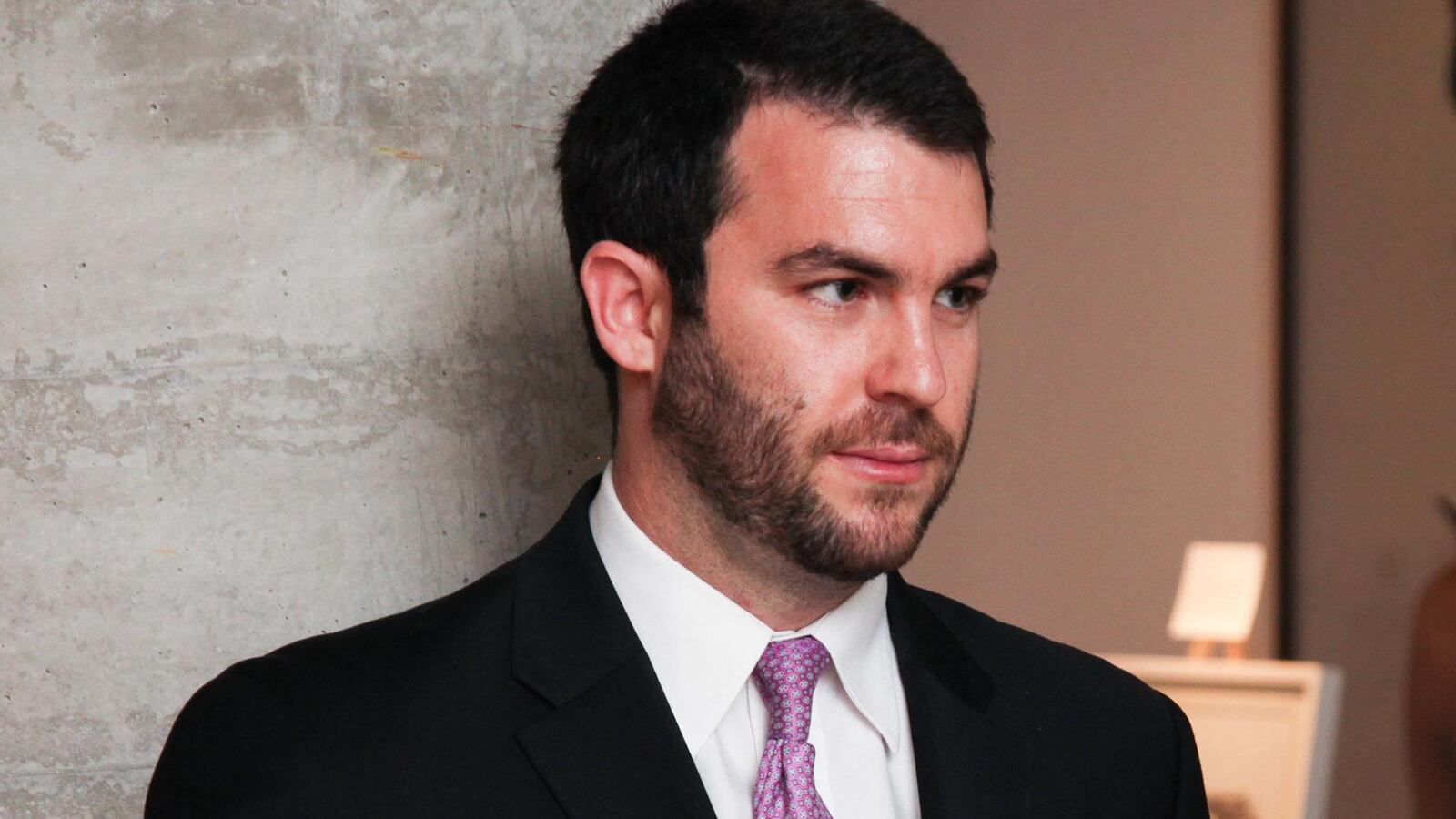The news about David Keyes, spokesman for Israeli Prime Minister Benjamin Netanyahu, broke earlier this week when New York State Senate candidate Julia Salazar stepped forward to acknowledge that she was the woman who in 2016 anonymously accused Keyes of sexual assault.
At first the allegation met with a mixed reaction: Keyes, who presented himself in the past as a human rights advocate in New York City, had been an occasional contributor to The Daily Beast and many other publications before joining the Netanyahu team. And Salazar was coming into Thursday’s primary race with a checkered record for probity.
But almost as soon as Salazar’s statement went public, Wall Street Journal reporter Shayndi Raice tweeted that she had endured a “terrible encounter” with Keyes, whom she described as “a predator.” “The man had absolutely no conception of the word ‘no,’” she wrote, adding that his “mistreatment of women” is an “open secret.”
Allegations multiplied rapidly, albeit anonymously: 10 women made similar accusations about Keyes to the Times of Israel website and two more spoke with Israeli Channel 10 television, all requesting that their names be kept confidential.
Salazar’s candidacy has been beset by inaccuracies: she portrayed herself as a working-class, immigrant Jew of Latin American ancestry but her mother and brother cast doubt on that lineage.
So the first reaction of Keyes, on Wednesday, was a statement maintaining that “this false accusation is made by someone who has proven to be repeatedly dishonest about her own life. This is yet another example of her dishonesty.” But after the avalanche of accusations that followed, Keyes was forced to take a step back.
“In light of the false and misleading accusations against me and in order not to distract from the important work of the Prime Minister,” he said in a second statement, “I have asked to take time off to clear my name. I am fully confident that the truth will come out.”
Few Israeli observers expect Keyes to return to his job, where he has stood out since his 2016 appointment as a champion of Netanyahu’s outreach strategy based on posting brief, English-language videos on social media platforms, in which he addresses millions of followers.
The approach has been lauded by Netanyahu allies who believe vlogging is the only way Israel can leapfrog over what they consider a generally hostile international media environment. But the videos have been mocked by detractors, who argue that clips on Facebook cannot take the place of a formal press office, such as that of the White House spokesperson.
In the past, Netanyahu has strenuously defended senior aides accused of sexual misdeeds, most notoriously in the 2012 case of Natan Eshel, his former chief of staff, who was accused of stalking and harassing another employee of the prime minister’s office to the point of “controlling her life.”
In the era of #metoo, it took only 48 hours for Keyes’ presence in Netanyahu’s circle to be deemed too hot to handle. The Times of Israel reported that the 10 women it cited had made claims ranging from physically aggressive behavior by Keyes to hostile and repeated advances towards women. It obtained copies of two of the letters of apology written by Keyes to half a dozen women, in which he expressed regret “for being less than gentlemanly.”






